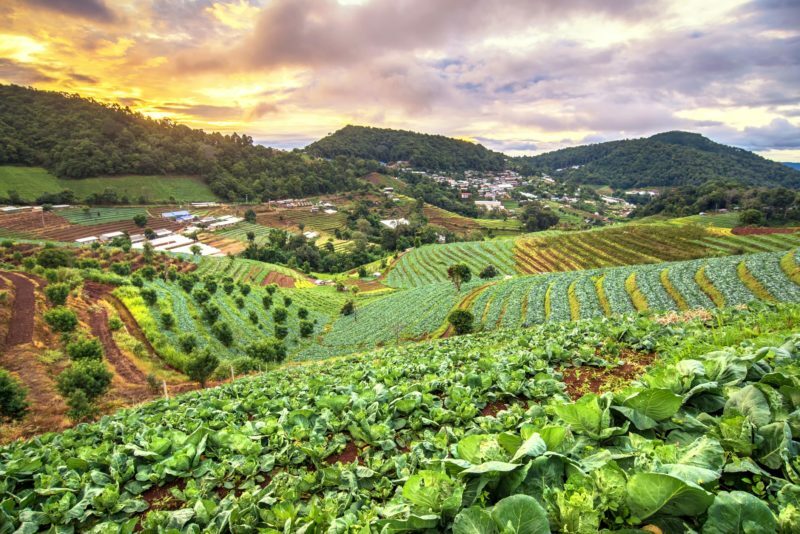The release notes that the U.S. is estimated to lose approximately 996 million metric tons of soil through erosion each year, and that the societal and environmental costs of mainstream agriculture amount to $85 billion. Agriculture systems account for 8-10% of U.S. greenhouse gas emissions. Farmers filing for bankruptcy rose by 20% in 2019. And on top of all that, the release adds that the food system is facing severe disruption from the COVID-19 crisis.
Regenerative practices, on the other hand, have the potential to deliver benefits including restoration of soil health, water quality, and biodiversity; localized and diversified production systems; and equitable distribution of value and risk throughout the supply chain, the release says. However, progress is fragmented: Financial, public health, and agricultural policies don’t reward the value farmers deliver through land stewardship, and supply chains often cannot bring diverse products from regenerative systems to market.
Growing Our Futuresynthesizes insights gathered through a collaborative inquiry that brought together more than 60 major organizations across the food system. Their discussions highlighted a number of systemic barriers, and formed a seven-point-roadmap to overcome them. Those steps:
- Create financial mechanisms and market structures that support regenerative outcomes
- Empower farmers to build coalitions at the grassroots level
- Shape policy to build a resilient agricultural economy
- Demonstrate the business case for regenerative practices
- Engage with consumers to increase demand for regenerative products
- Prioritize nutritional benefits to enable healthy diets
- Mobilize landowners to enable regenerative practices to mainstream.
Related: U.S. Food System Is Killing Us; Regen Ag Is the Solution Dr. Bronner’s Releases 6th Annual All-One Report 330 Companies Call for Climate-Friendly Path Forward from COVID-19
Lesley Mitchell, Associate Director of Sustainable Nutrition at Forum for the Future, said in the release: “Regenerative agriculture has the potential to create more resilient supply chains, restore soil health, and enable farmers and businesses to thrive in an increasingly turbulent world. Regenerative practice allows actors across the current food system to use their skills, assets, and determination to drive a much-needed transformation. Today, the food system is geared towards efficiency and profit maximization for a few. What we must create is one capable of putting more back into society and the environment than it takes out, while providing safe, affordable, and nutritious food for all.“COVID-19 has shown just how interconnected the key systems we rely on are, and is exposing the vulnerabilities in our food supply chain,” Mitchell continued. “By scaling the amazing regenerative practices already out there, we can have a huge impact on the major global challenges we face, but the question ishow. Forum’sGrowing Our Futurereport aims to help with that.”










